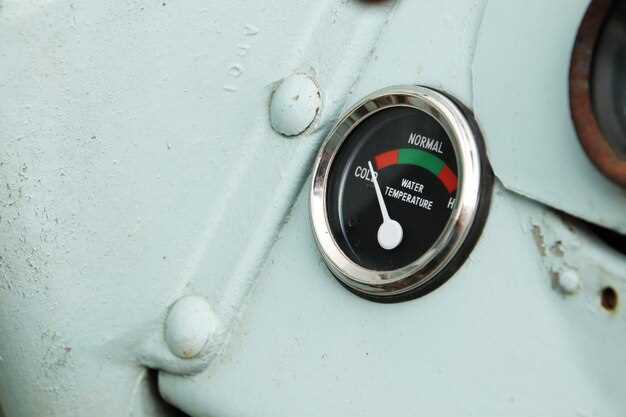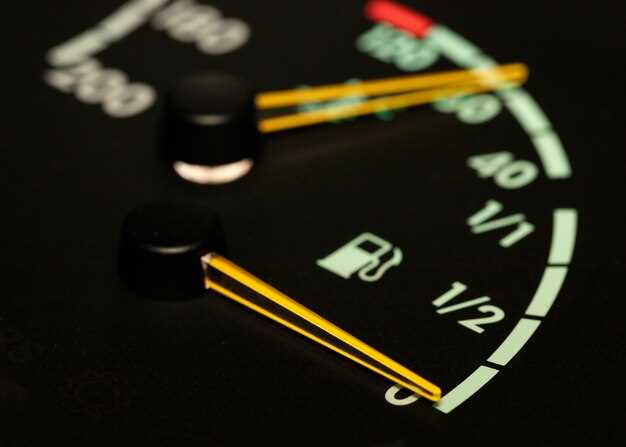
In today’s world, where fuel prices are constantly fluctuating and environmental concerns are at the forefront, optimizing your car’s fuel efficiency has become more important than ever. Understanding how to make your vehicle run more efficiently can lead to significant savings and a reduced carbon footprint. This article will provide you with practical tips that can help you maximize the miles per gallon your car delivers.
Many drivers underestimate the impact that simple maintenance and driving habits can have on fuel consumption. Regular check-ups, such as oil changes, air filter replacements, and tire rotations, are essential for ensuring that your car operates at peak performance. Moreover, adopting mindful driving practices can transform how efficiently your vehicle uses fuel. From smooth acceleration to avoiding excessive idling, every action contributes to overall fuel efficiency.
Additionally, advancements in technology offer innovative solutions to improve fuel efficiency. Utilizing fuel-efficient products and tools, such as apps that monitor driving habits or devices that assess engine performance, can provide valuable insights. By implementing these recommendations and being mindful of your car’s condition and your driving style, you can enjoy a smoother ride while also benefiting your wallet and the environment.
Optimize Tire Pressure and Maintenance

Maintaining the correct tire pressure is essential for maximizing fuel efficiency. Under-inflated tires create more rolling resistance, which can lead to increased fuel consumption. It is advisable to check tire pressure at least once a month and before long trips. Ensure the pressure matches the manufacturer’s recommendations, which can typically be found on the driver’s side door jamb or in the vehicle’s manual.
Additionally, regular tire maintenance plays a critical role in optimizing fuel efficiency. Rotating tires every 5,000 to 7,500 miles helps ensure even wear and prolongs tire life. Unevenly worn tires require more effort from the engine to maintain speed, thus consuming more fuel. Furthermore, aligning your tires can prevent unnecessary drag. A misalignment can not only affect handling but also increase fuel usage.
Checking tread depth is also vital for safety and performance. Worn tires have reduced grip, which can decrease fuel efficiency as they struggle to maintain traction. Use the penny test: insert a penny into the tread; if you can see all of Lincoln’s head, it’s time for new tires. Lastly, consider investing in low rolling resistance tires, designed specifically to enhance fuel economy while providing adequate safety and performance.
Adjust Driving Habits for Better Mileage

Improving fuel efficiency starts with the way you drive. Adopting smarter driving habits can lead to significant savings at the pump and reduce your carbon footprint. One of the most effective strategies is to avoid rapid acceleration and hard braking. Gradual acceleration and smooth deceleration help maintain optimal fuel consumption and prevent unnecessary strain on your engine.
Maintaining a steady speed is another key factor. Utilizing cruise control on long drives can help keep your speed consistent, which generally improves fuel economy. Additionally, try to anticipate traffic flow to minimize stops and starts. This not only conserves fuel but also reduces wear on your vehicle’s components.
Driving within the posted speed limits is crucial for maximizing your car’s efficiency. Higher speeds generally lead to increased aerodynamic drag, which can cause your engine to work harder and consume more fuel. Aim to drive at moderate speeds, especially on highways, where the most significant gains in fuel economy can be achieved.
Reduce unnecessary idling whenever possible. Turning off your engine during long waits, like at traffic signals or when parked, can save fuel and lower emissions. Furthermore, consider combining errands into a single trip. This helps reduce the number of short trips taken, which can be less efficient due to the engine not reaching optimal operating temperature.
Lastly, stay informed about your vehicle’s fuel efficiency. Regularly monitoring your mileage can help identify changes in performance, prompting you to adjust your driving habits or schedule necessary maintenance. By being mindful of these driving habits, you can significantly enhance your car’s fuel efficiency and save on fuel costs over time.
Choose the Right Fuel and Oil for Your Vehicle
Selecting the appropriate fuel type for your vehicle is crucial for optimizing fuel efficiency. Always refer to the owner’s manual to determine the manufacturer-recommended fuel grade. Using a higher octane fuel than necessary does not provide additional benefits and can lead to increased costs without any performance gain. Conversely, using fuel with a lower octane rating than required may cause engine knocking and long-term damage.
Additionally, consider the formulation of fuels available in your area. Some fuels contain additives designed to improve engine performance and efficiency. Opt for fuels labeled as “top tier,” which undergo stringent testing for quality and contain higher levels of detergents that keep your engine clean. A clean engine operates more efficiently and uses fuel more effectively.
Oil choices also significantly influence your vehicle’s fuel efficiency. Using high-quality motor oil that meets the specifications of your car is essential. The viscosity grade, indicated by numbers such as 5W-30, must match your vehicle’s requirements. Thicker oils can lead to increased drag, reducing fuel efficiency. Synthetic oils are generally more efficient and can offer better protection and performance, especially in extreme temperatures.
Regularly check oil levels and change the oil according to the manufacturer’s recommendations. Dirty or low oil can result in increased engine friction, leading to higher fuel consumption. Overall, choosing the right fuel and oil tailored to your vehicle’s specifications is vital for maximizing fuel efficiency and ensuring optimal engine performance.





